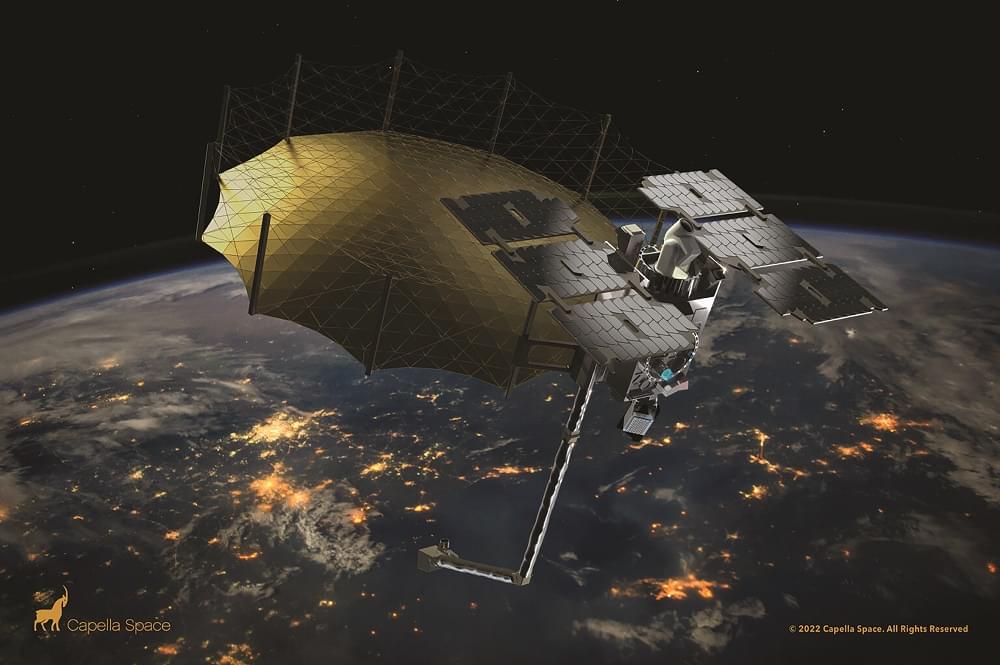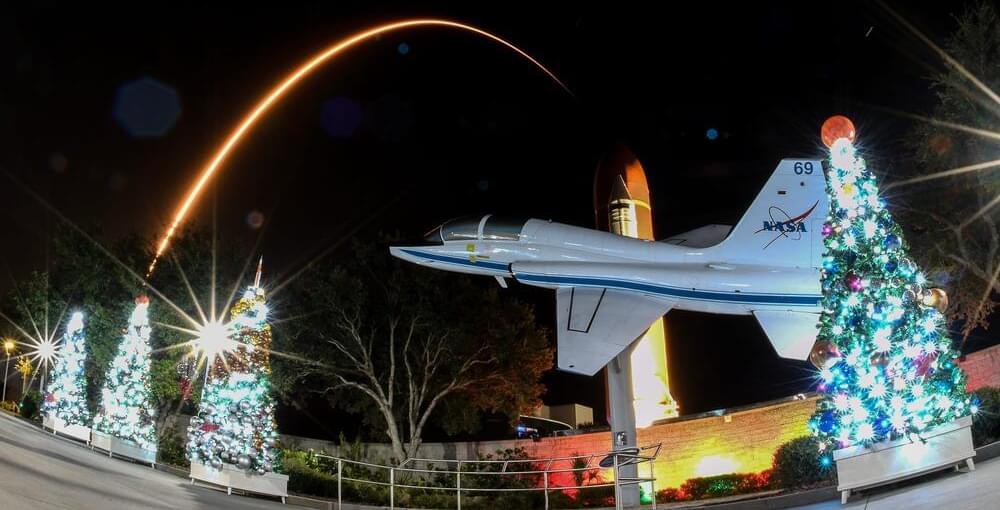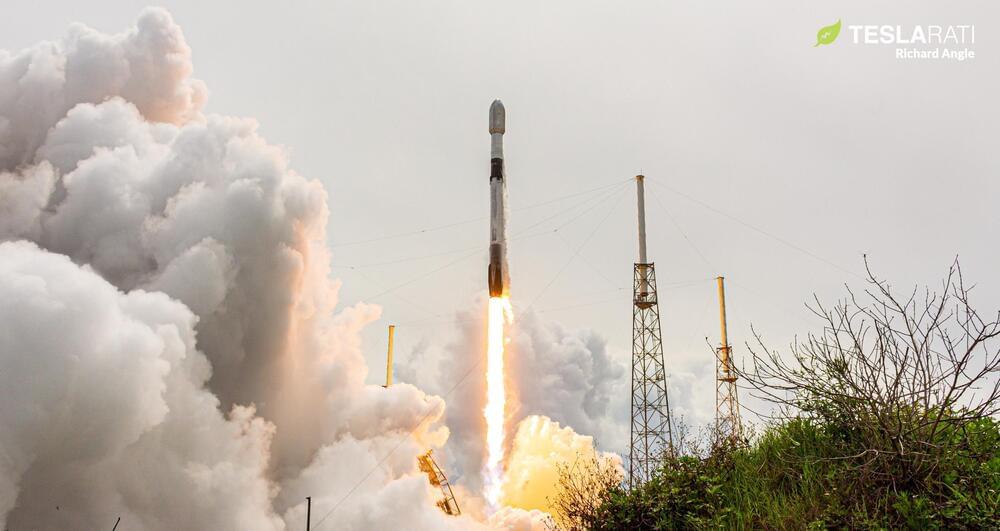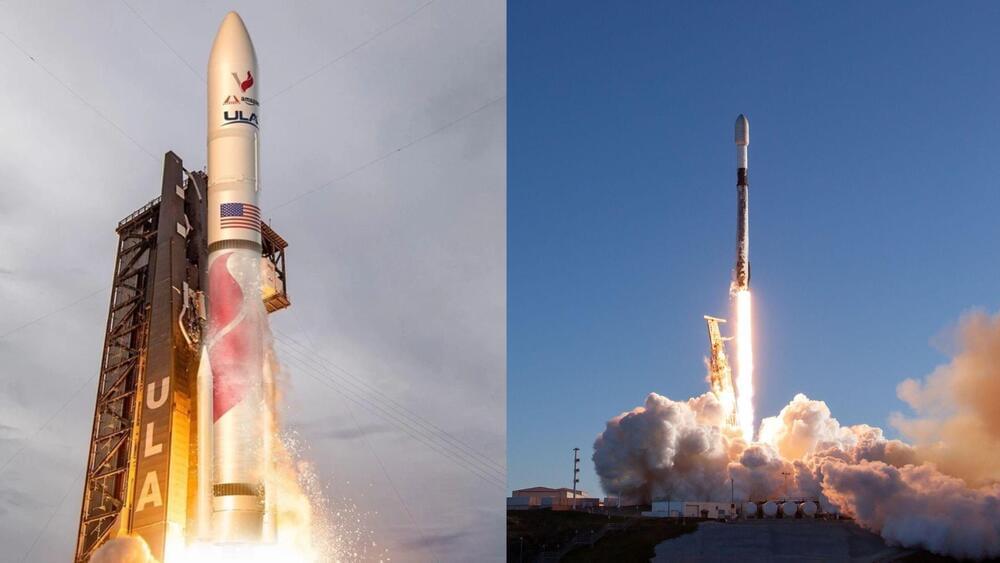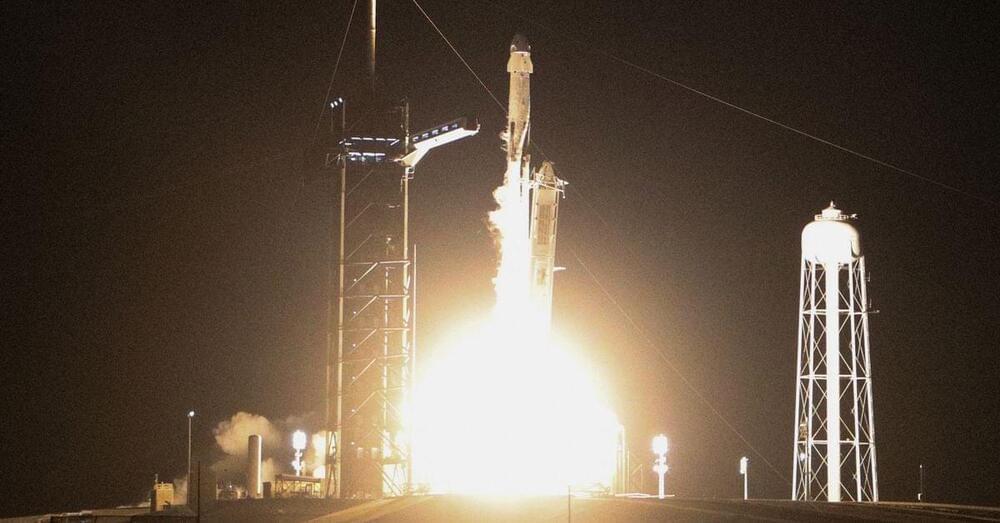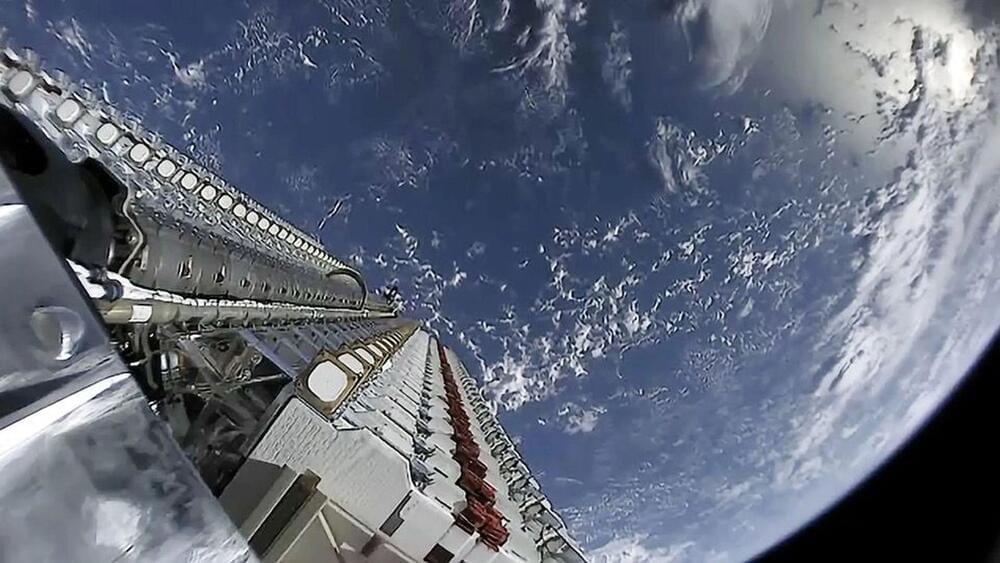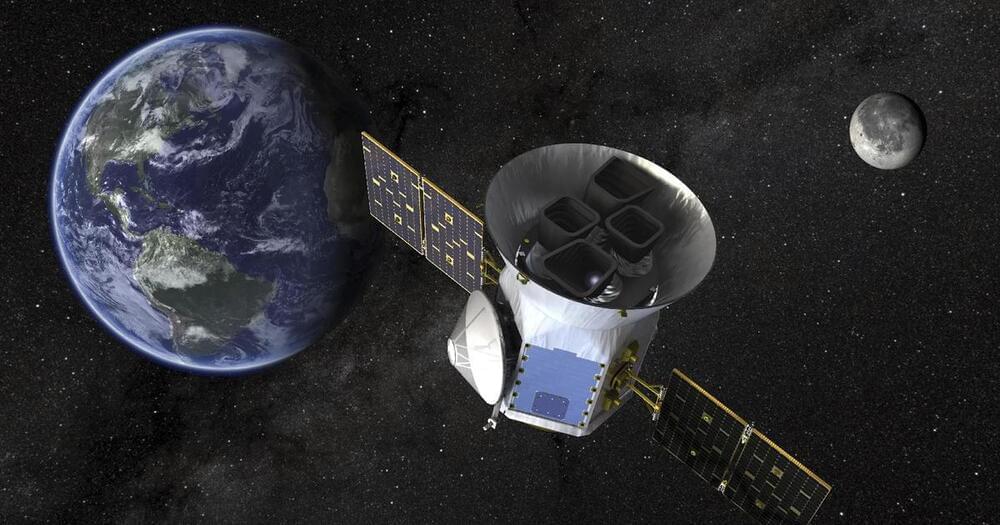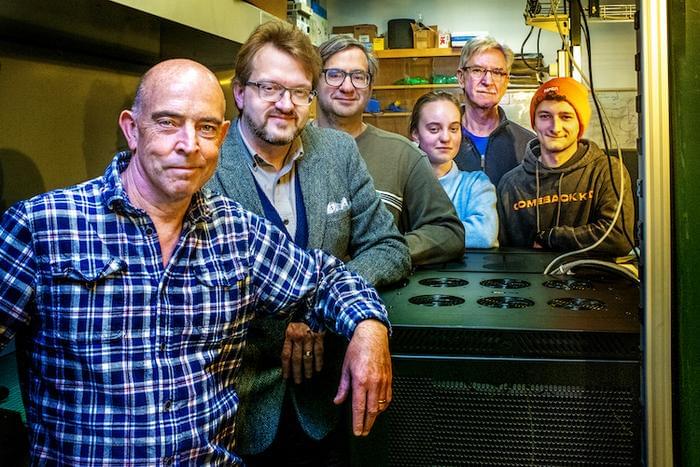
Can technology be developed to identify small objects in space? This is something the U.S. Air Force hopes to address and they recently awarded a $5 million grant to a Georgia State University professor with the goal of identifying, charting, and imaging small objects in space, also known as Space Domain Awareness (SDA). This grant holds the potential to improve SDA regarding small objects between the Earth and the Moon, which could benefit national security as well as observational astronomy.
This grant comes as the number of objects launched into space continues to increase every year. For example, while the total of objects launched into space worldwide in 2016 was 221, that number jumped to 456 in 2017, experienced a slight decrease to 454 in 2018, increased to 586 in 2019, but then experienced massive spikes to 1,274 in 2020, 1,813 in 2021, and 2,478 in 2022, more than a tenfold increase in six years. So many objects not only pose threats to observational astronomy but to national security, as well.
“Detecting objects in the space region between where many communications satellites are located extending to the distance at which the Moon orbits the Earth presents a substantial challenge,” said Dr. Stuart Jefferies, who is a Professor in the Department of Physics and Astronomy at Georgia State University, and recipient of the grant. “The faintness of these objects makes observation difficult using ground-based telescopes, as they are starved of photons from the target of interest, creating a potential vulnerability that adversaries could exploit.”

